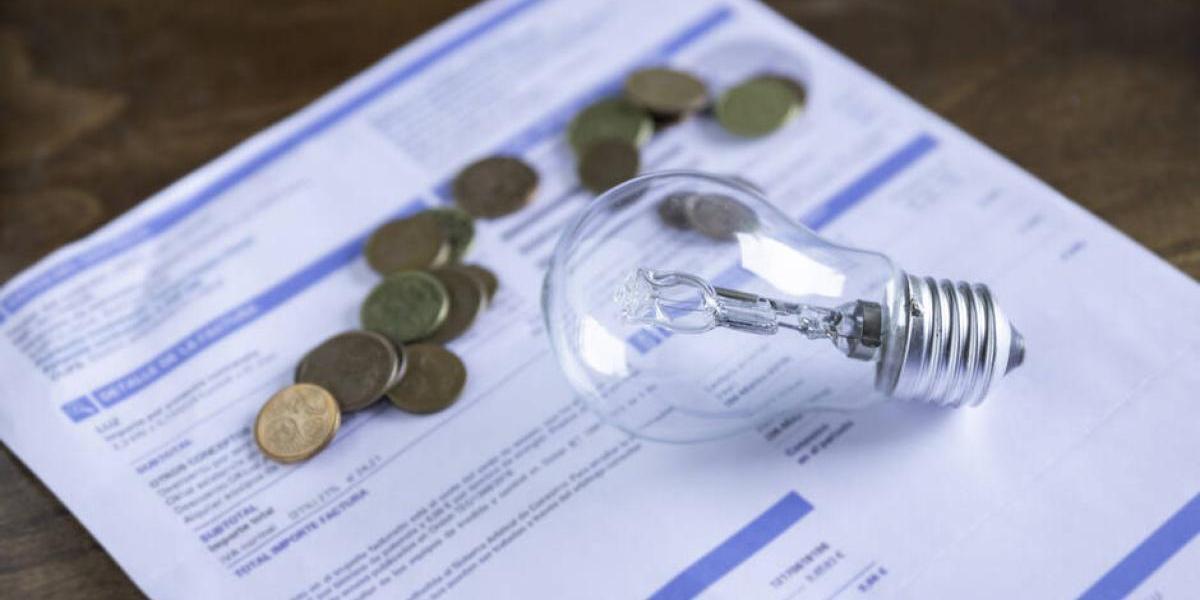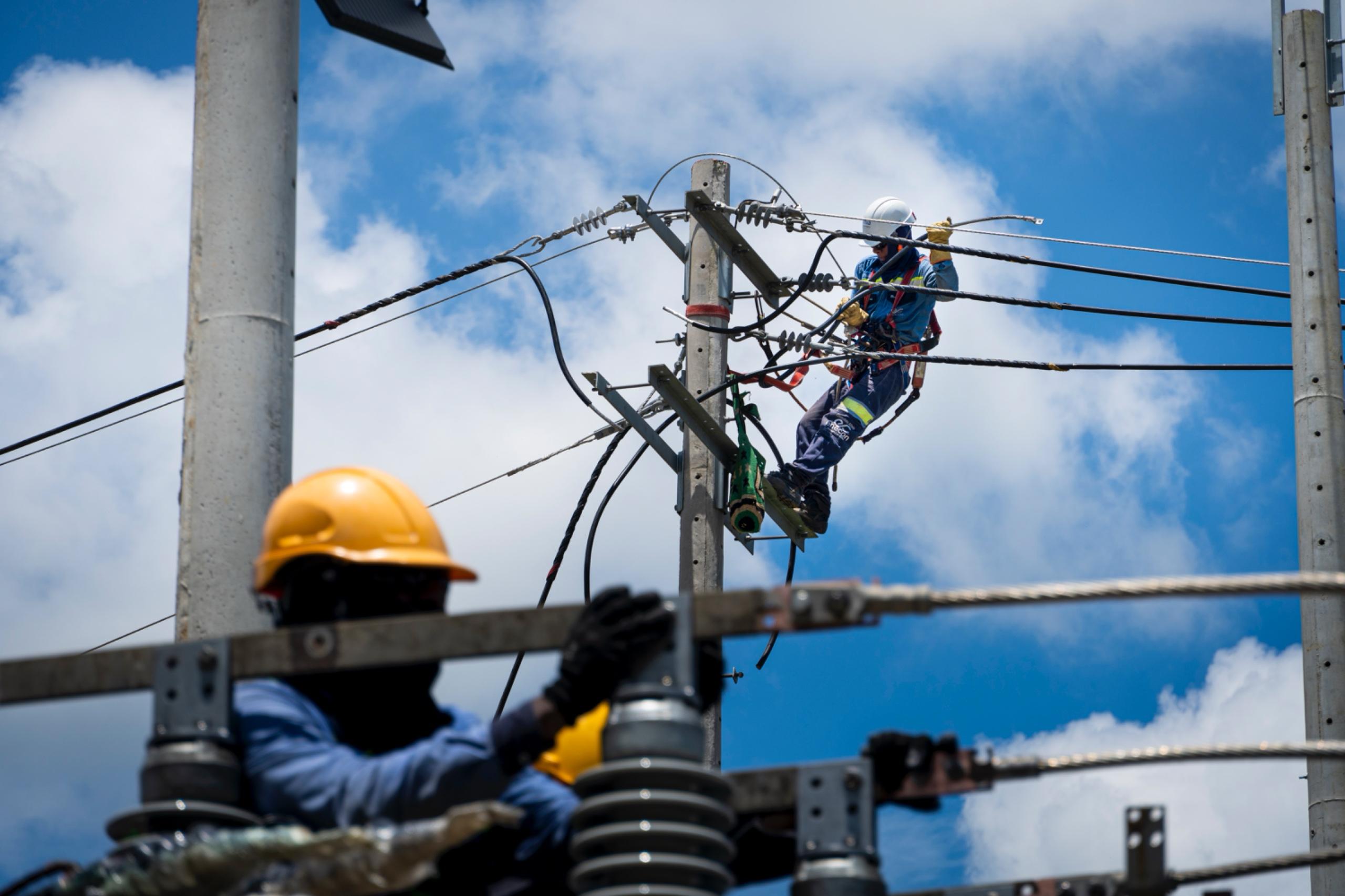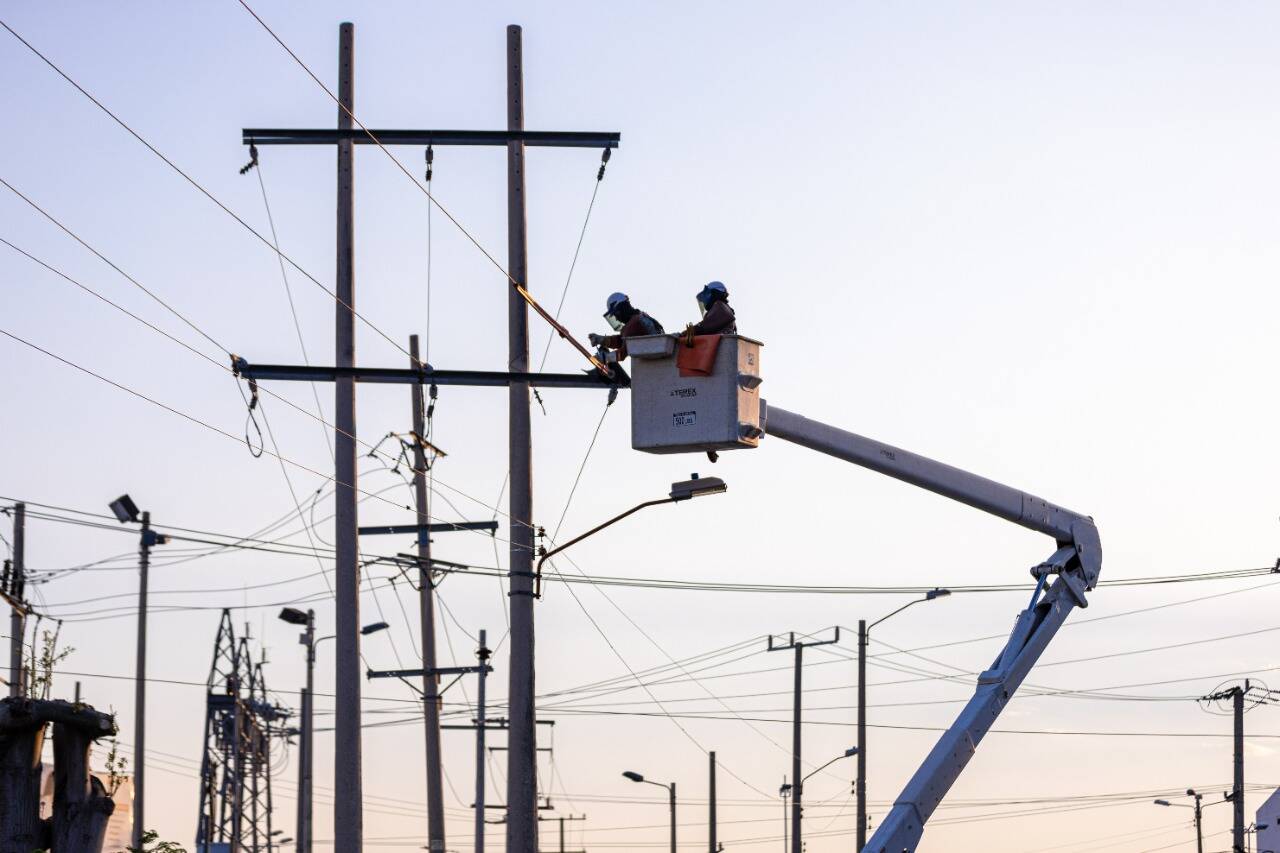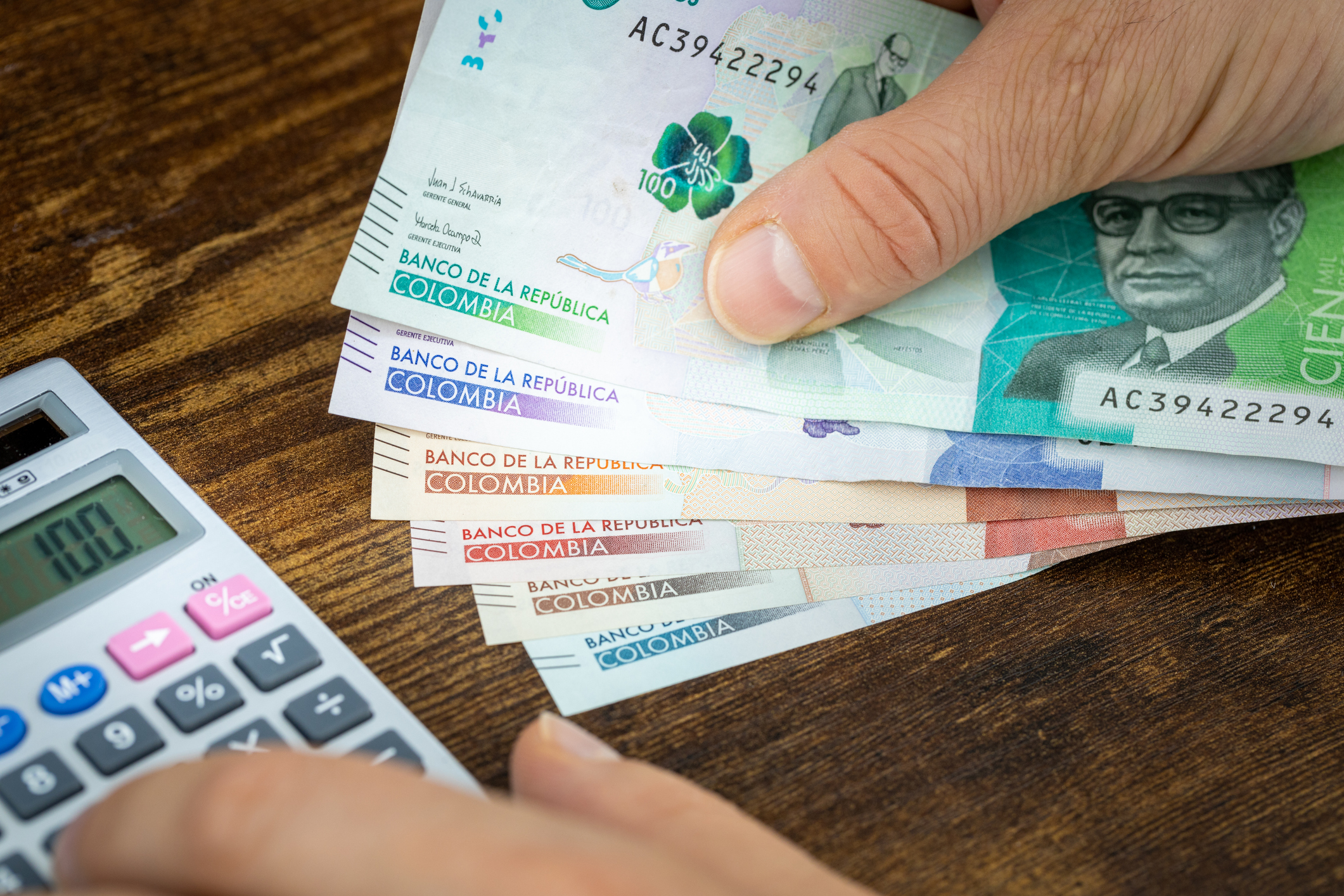The government failed to keep its promise to pay off its multi-trillion-dollar energy subsidy debt: it's growing by $10 billion every day.

In February, the Ministry of Finance promised companies that it would pay them 1 billion pesos before the end of April to settle part of the debt owed by the National Government for the monthly electricity subsidies provided to nearly 40 million Colombians in social classes 1, 2, and 3.
Three months have passed, and the Ministry of Finance hasn't made all the payments it promised. Another alternative to settle this debt is now being considered, but it wouldn't be enough.
The payment plan promised by the Ministry of Finance included the 200 billion peso transfer made in January, in addition to 350 billion pesos at the end of February.

Photo: iStock
He also promised that in March he would make another payment to companies for 250 billion pesos, and in April there would be an additional payment of 200 billion pesos. This would complete the payment of 1 trillion pesos.
However, according to reports from the country's electricity service providers, only 412.3 billion pesos were actually transferred between January 1 and February 28, 2025.
"Unfortunately, the commitments made in February to contribute 1 billion pesos between January and April were not met . The funds did not reach those levels," said Asocodis Executive Director José Camilo Manzur.

Photo: Afinia
Although the National Government has not returned these funds, the companies have continued to provide these subsidies to users each month, which cover up to 60 percent of subsistence consumption.
As a result, the debt continues to increase by approximately 300 billion pesos each month (that's 10 billion pesos in one day), and by the end of April, the total amount owed by the National Government was already 3.1 trillion pesos, according to calculations by Asocodis.
"The subsidies have already been delivered to users; they are not for the companies. Companies need the national government to return that money. We are seeing a financial risk that could become a systemic risk throughout the entire sector," said Natalia Gutiérrez, president of Acolgén.
But this isn't the only thing these companies are owed. They have also failed to collect 3 billion pesos from users for the balances on the tariff option, while public entities owe them 1.2 billion pesos because they haven't paid for the service.
Added to this are 300 billion pesos in outstanding balances due to high energy prices on the stock market. Therefore, the total debt owed to companies totals 7.6 trillion pesos at the end of April.

Photo: iStock
Of this multi-trillion-dollar debt, 54 percent (approximately 4.1 trillion pesos) is owed to the EPM Group, and of that percentage, 35 percent (1.4 trillion pesos) is owed to Afinia alone.
According to EPM General Manager John Maya, this debt makes Afinia's financial situation "very complex" at the moment, to the point that "we would have to sit down with the generators to look for alternatives that allow us to continue paying" for the energy needed to serve its customers.
"If generators can't continue supplying energy due to nonpayment, the Caribbean region could shut down. This situation could cause a domino effect," he said.
But Afinia isn't the only company struggling. According to the executive director of Asocodis, many companies have already reached their financial limits and have had to resort to payment agreements with energy suppliers and generators.
In fact, some small businesses have had to sell assets in order to obtain the liquidity they need to continue financing electricity subsidies.

Photo: Afinia
Given the dire financial situation facing businesses, working groups have been established between the National Government and companies to analyze new options for settling their subsidy debt.
The alternative that was found, and which is currently being worked on, is a transfer of rights to the obligations that the National Government has with the companies.
This option involves issuing certificates that companies can exchange with financial institutions to receive the funds they are owed from subsidies. The National Government will then have to pay these funds to the financial institutions.
"We are exploring this mechanism and waiting for financial institutions to tell us how these certificates operate so that companies can have liquidity," commented the executive director of Asocodis.
He also stated that the companies requested some adjustments to make this mechanism much faster and more flexible, allowing them to trade these certificates on the financial market as quickly as possible.
With these certificates, the goal is to pay companies at least 1.5 billion pesos for the subsidies they provided during 2024 and thus begin to reduce their debt.

Photo: iStock
"We appreciate the goodwill of the Ministry of Mines and Energy, but we hope the talks will soon result in increased funding. We call on President Gustavo Petro and Finance Minister Germán Ávila to prioritize funding for subsidies within public spending," added José Camilo Manzur.
However, companies have another major concern: there are not enough resources in the 2025 General Budget to pay the subsidies being delivered this year.
The 3.4 trillion pesos included would only be enough to pay the debt for 2024 and three months of 2025. "The government must allocate more resources to pay the remaining subsidies this year; otherwise, we will have difficulty continuing to finance them," said the union leader.
If companies don't continue funding the subsidies, consumers would face significant increases in their electricity bills. For example, families in the lower stratum of Chocó could face a 140 percent increase, while in the Caribbean region it could be 100 percent.
The financial situation of companies could be further aggravated by the draft decree issued by the Ministry of Finance, which proposes early tax payments.
"This will further stifle the cash flow of companies , and even companies that aren't even making a profit," warned the executive director of Asocodis.
eltiempo





